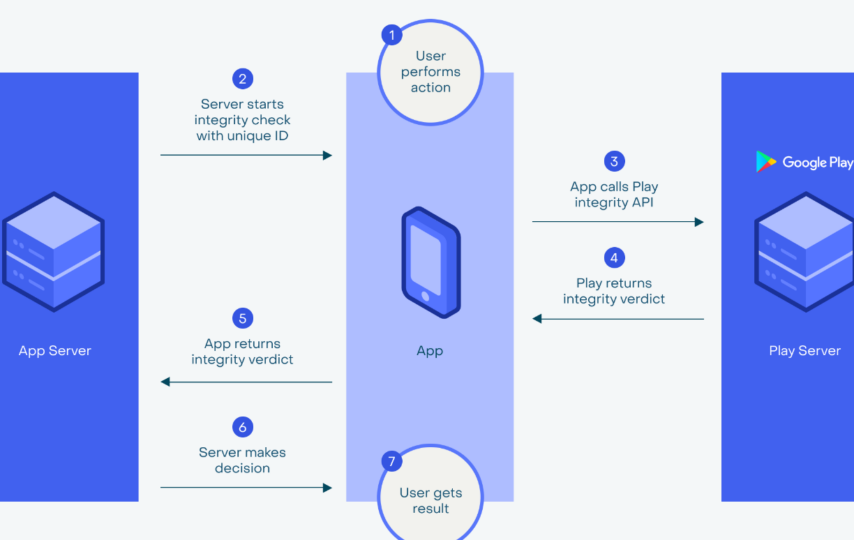In our contemporary digital era, applications assume a central role in our daily existence. Note that they range from mobile apps that facilitate our everyday chores to intricate software solutions that drive enterprises forward. Additionally, the paramount significance of these applications lies in their reliability and trustworthiness.
In this article, we shall embark on a comprehensive exploration of the notion of “application integrity.” We will also investigate its definition, significance, and strategies for guaranteeing it. So, join us on this quest to grasp and preserve the integrity of applications in our modern world.
What is Application Integrity?
Application integrity refers to the condition of an application wherein it operates as designed, free from any unauthorized alterations, meddling, or disturbances. Note that this encompasses a range of facets, including the security, dependability, and legitimacy of the application. In essence, an application boasting strong integrity can be relied upon to execute its functions accurately and securely.
The Significance of Application Integrity
Note that thorough testing, including penetration testing and vulnerability assessments, is vital to identify and rectify weaknesses.
Ensuring application integrity is crucial for several reasons:
Data Protection: Applications often handle sensitive data. Therefore, a breach of integrity can lead to data leaks, compromising user privacy.
Business Continuity: For organizations, application integrity is essential to maintain business operations and prevent downtime.
User Trust: Users rely on applications for various purposes, and so maintaining integrity builds trust in the digital ecosystem.
Challenges to Application Integrity
Despite its importance, application integrity faces numerous challenges, including:
Cyberattacks: Malicious actors attempt to exploit vulnerabilities in applications.
Legacy Systems: Older applications may lack modern security measures.
Human Error: Developers and users can also inadvertently compromise integrity.
Strategies to Ensure Application Integrity
Code Review and Quality Assurance
Regularly reviewing and testing code for vulnerabilities and errors is essential.
Regular Updates and Patch Management
Keeping applications up to date with the latest security patches is crucial.
Access Control and Authentication
Implement strong access control and user authentication mechanisms.
Data Encryption
Secure Development Practices
Application Integrity vs. Application Security
While both are related, application integrity focuses on the overall reliability and authenticity of an application, whereas application security primarily deals with protecting against threats and vulnerabilities.
Conclusion
In a world increasingly dependent on digital applications, ensuring application integrity is non-negotiable. It not only protects sensitive data but also upholds user trust and business continuity. By following best practices in development, testing, and security, organizations can safeguard their applications and thrive in the digital age.
By instilling a culture of security and integrity within development teams, organizations can also mitigate risks at their source and reduce the likelihood of costly security breaches and application failures. Additionally, we’ve highlighted the importance of ongoing monitoring and maintenance to adapt to evolving threats and vulnerabilities. In the quest to ensure application integrity, collaboration across departments, from development to operations to cybersecurity, is essential.
Note that safeguarding application integrity is an ongoing process that requires vigilance and commitment. Prioritizing it will not only protect your applications but also contribute to a safer digital environment for everyone.
FAQs
1. Why is application integrity important for businesses?
Application integrity is crucial for maintaining business operations, protecting user data, and building trust among users.
2. How can I ensure application integrity for my software?
You can ensure application integrity through code review, regular updates, access control, data encryption, and secure development practices.
3. What are the consequences of neglecting application integrity?
Note that neglecting application integrity can lead to data breaches, downtime, and loss of user trust.
4. What does the future hold for application integrity?
The future of application integrity will see the integration of advanced technologies and practices to enhance security and reliability.








